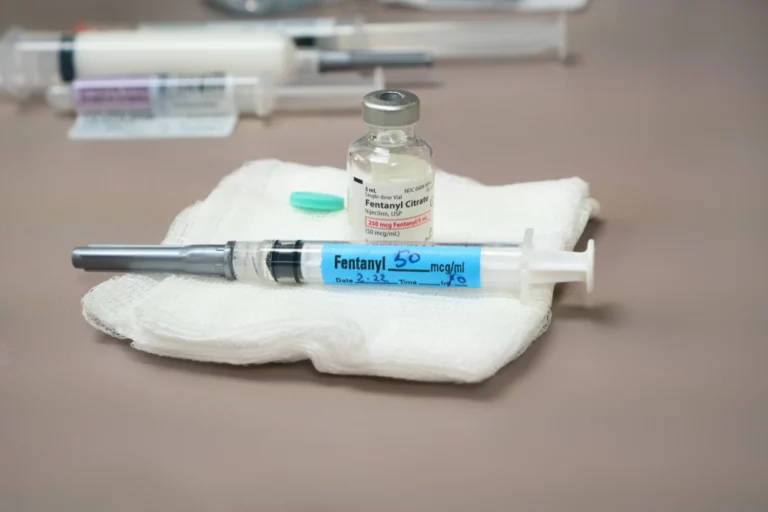Warning Signs of Alcohol Abuse: Common Side Effects
When it comes to alcohol abuse, there are many short-term and long-term affects that can accompany an addiction to drinking. However, there are notable warning signs of alcohol abuse that can help you understand when it’s time to take your recovery seriously.
Alcoholism, or an alcohol use disorder, is one of the most prevalent addictions in America today. You may hear people talking about “functional alcoholism” but, in reality, no one is functioning well when they have a substance abuse disorder. Kicking the habit can be difficult. That’s why the professionals at Oasis Recovery strive to provide expert personalized care in our alcohol addiction treatment program. Reach out to us today to speak with a specialist about our programs and services.
The Warning Signs of Alcohol Abuse: 5 Side Effects to Consider
1. Physical Health
It’s important to pay attention to the warning signs of alcohol abuse before they become irreversible side effects. Long-term abuse of alcohol can result in permanent and irreversible physical health side effects including:
- Liver disease
- Heart failure
- Atrial Fibrillation
- Stomach ulcers
- Painful peripheral neuropathy
- Gastritis
- Malnutrition
- Chronic pancreatitis
- Several types of cancer
- Mouth, larynx, esophagus, liver, colon, rectum, breast

2. Mental and Emotional Health
The warning signs of alcohol abuse can also be found in how it affects your mental health. Prolonged alcoholism is known to cause dementia and other forms of cognitive decline. This does not mean simple forgetfulness that comes as people age naturally.
This refers to serious decline in the mental wherewithal to complete acts of daily living (ADLs) and can result in someone needing full-time in-home care or transfer to a residential care facility for those with impaired cognitive well-being.
Another warning sign of alcohol abuse is correlated with an increase in mental health disorders. Mood disorders are common among 80% of those who abuse alcohol over a long period of time. There are increased rates of alcoholism among those who have a diagnosis of bipolar disorder. Over time, an alcohol use disorder tends to make symptoms of depression and mania worse as opposed to stabilizing a person’s mood.
Anxiety disorders such as Generalized Anxiety Disorder (GAD) are general warning signs of alcohol abuse. Alcohol-induced depression is also not uncommon. Those who have Major Depressive Disorder (MDD) and attempt to self-medicate with alcohol (a depressant), tend to have increased and worse depressive episodes after prolonged alcohol dependence.
3. Brain Damage
Another warning sign of alcohol abuse is noticeable damage to the brain. Drinking causes the brain to shrink over time due to loss of gray matter. This means that your brain stops creating new brain cells to replace the old damaged ones.
Damage also occurs with neurotransmitters meaning that signals do not connect properly. As a result, thinking can be slowed down and a person can find themselves easily fatigued. Processing, memory, learning, concentration and other essential aspects of day to day living are badly impaired by alcohol after prolonged abuse. Impulse control, mood management, and anger regulation become diminished and this leads individuals to act badly and engage in risky behaviors.
4. Impact of Risky Behaviors
Alcoholism causes individuals to make poor decisions. This can include driving while intoxicated or acting inappropriately or violently. Anger management problems is a common warning sign of alcohol abuse and long-term consumption. A person can decide to reform themselves but that does not take back years of abusive behavior towards loved ones.

5. Heart Disease
Lastly, another warning sign of alcohol abuse correlates to its affects on the heart. An alcohol use disorder (AUD) can increase the risk of blood clots as well as your body’s ability to properly break down fat and cholesterol.
Over time, this can put a person at increased risk for heart disease or stroke. Studies have shown that heart function and heart valve issues increase in the bodies of those who are long-term drinkers. The result of long-term alcoholism means a person is at a greater risk of heart disease.
Contact Oasis Recovery to Stop Alcohol Abuse Today
At Oasis Recovery, we work with clients to recover from the effects of long-term alcoholism. While it’s true that some effects of prolonged alcohol abuse are irreversible, there are many health risks and symptoms that can be reduced or avoided by noticing the warning signs of alcohol abuse and taking proactive steps to kick the habit.
Especially for those who are under the age of 50, ceasing alcohol abuse can result in the reduction of long-term risks. If you or someone you love is struggling with an alcohol use disorder, we encourage you to reach out to us for assistance. Contact us or call us directly today to speak with a specialist about our personalized treatment programs tailored to fit your individual needs.









